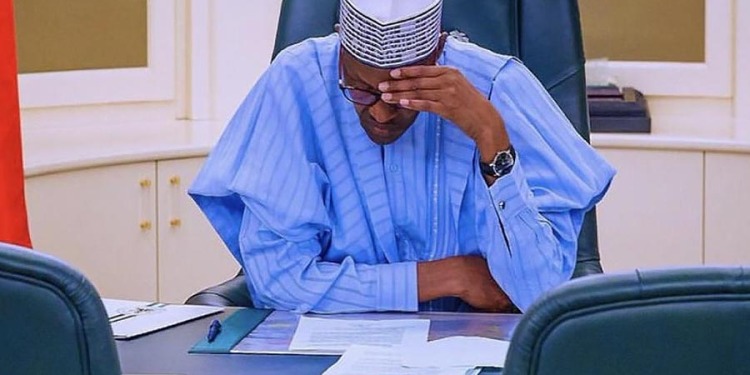
Nigeria’s total debt stock rose to N41.6 trillion in the first quarter of 2022, representing a N2.05 trillion increase compared to N39.56 trillion recorded as of December last year. In dollar terms, Nigeria’s debt stock rose to $100.1 billion.
Similarly, Nigeria’s debt-to-GDP ratio rose to 23.27% in the first quarter of the year, compared to 22.47% as of December 2022. While this is lower than the self-imposed limit of 40%, the rate is quickening faster, due to increased borrowing and tepid economic growth.
This is contained in the quarterly public debt portfolio report, released by the Debt Management Office (DMO).
According to the agency, Nigeria’s total public debt stock includes new domestic borrowings by the federal government, which was used to partly finance the 2022 budget deficit. The debt stock also includes $1.25 billion Eurobond issued in March 2022 and disbursements by multilateral and bilateral lenders.
Similarly, there were also increases in the debt stock of the various state governments and the federal capital.
Highlight
- A breakdown of the debt stock shows that federal government domestic debt increased by 3.99% in the first three months of the year to $48.45 billion from $46.59 billion recorded as of December 2021.
- In the same vein, states’ domestic debt increased by 7.91% to stand at $11.65 billion as of 31st March 2022. This represents an $853 million increased quarter-on-quarter. In all, total domestic debt rose by 4.73% to stand at $60.1 billion.
- A further look at the federal government debt stock by instrument, FGN Bonds accounted for 70.7% of the total domestic debt at N14.24 trillion.
- Similarly, Nigerian Treasury Bills accounted for 21.88% with a total of N4.41 trillion debt stock.
- On the other hand, external debt rose by 4.08% to stand at $39.96 billion, compared to the previous quarter.
- The federal government in the review period spent a total of N668.69 billion on domestic debt service, which is 115% higher than the N310.49 billion spent in the previous quarter and 9.1% more than the N612.71 billion incurred in the corresponding period of 2021.
- External debt service surged to $548.79 million in Q1 2022 compared to $286.35 million spent in the previous quarter.
What the DMO is saying
The press release by the DMO partly reads: “Whilst the total public debt to GDP at 23.27% was below Nigeria’s self-imposed limit of 40%, the momentum by the government to grow and diversify revenues remain a priority to ensure the public debt is sustainable.
“Initiatives in this regard are yielding results as Actual revenues for January to November 2021 at N5.51 trillion was 39.21% more than the N3.96 trillion recorded in 2020. Similarly, the share of Non-oil revenue grew by 80% compared to 61% in 2020.”

